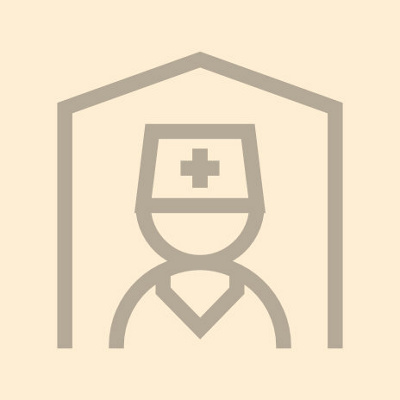HIV remains an epidemic in South Africa, but one of the most promising new developments is lenacapavir, which could significantly reduce HIV infections. Dr Fulufhelo Tshivhula, an obstetrician and gynaecologist at Mediclinic Limpopo, explores its potential impact in advancing HIV prevention.
According to Dr Tshivhula, HIV education has increased significantly through channels such as social media, radio, television, and physical presentations in communities. However, many individuals still only feel comfortable learning about HIV in their own private spaces. This trend can be attributed to a fear of stigma and discrimination.
He notes that when it comes to HIV testing and the adoption of preventive measures like pre-exposure prophylaxis (PrEP), generational differences can play an important role- with millennials being more open to regular HIV testing while Generation Z, while slightly younger, is more proactive about sexual health. PrEP is a preventive treatment recommended by the World Health Organization (WHO) for people who are HIV-negative but at high risk of contracting HIV. It involves taking antiretroviral medication before potential exposure to the virus.
Vaccine offers new hope
In a country like South Africa barriers such as geographic limitations (especially in rural areas) have been an added burden. Dr Tshivhula is certain that the potential introduction of the lenacapavir vaccine may be the answer to some of these barriers.
Lenacapavir, a new long-acting injectable form of PrEP, is being developed to prevent HIV transmission. It represents a major advancement in HIV prevention. The injection is administered twice a year, providing a convenient alternative to daily oral PrEP pills. It could overcome one of the main barriers to consistent PrEP use, which is adherence. South Africa is on this list of 120 and on a second list of 18 countries for whom the manufacturer will prioritise registration of the drug once it has received relevant approvals. The new drug would also address common concerns about side effects of the tablet form, such as nausea or headaches.
According to the Joint United Nations Programme on HIV/AIDS (UNAIDS) in Sub-Saharan Africa, women and girls (of all ages) accounted for 62% of all new HIV infections, making them a priority group for HIV prevention. The injectable could provide women and adolescent girls with greater control over their sexual health and HIV prevention, which is particularly empowering in regions where gender dynamics often place women at higher risk of HIV.
Women taking control of their sexual health
“It is anticipated that the vaccine will reduce the rate of new HIV infections, ultimately leading to an increased life expectancy and better quality of life. I believe women and girls especially will be more empowered to take control of protecting themselves from infection,” Dr Tshivula explains.
Another significant hurdle to the widespread adoption of new HIV prevention methods is vaccine hesitancy. “When dealing with individuals who are sceptical about vaccines, first we need to understand their fears, then address them with scientific proof, showing the real benefits of the vaccine,’’ Dr Tshivhula emphasises.
Dr Tshivhula, who specialises in female health is confident this solution will be safe for pregnant women. Generally, PrEP is recommended for individuals over 16, he believes that will be the case for lenacapavir too.
Once licensed, lenacapavir may represent a new era in HIV prevention, one that could help reduce HIV transmission rates significantly. Alongside continued education, reduced stigma, and improved access to healthcare across South Africa.
Book a consultation today to discuss your options for testing and HIV prevention methods:
Doctors 1


